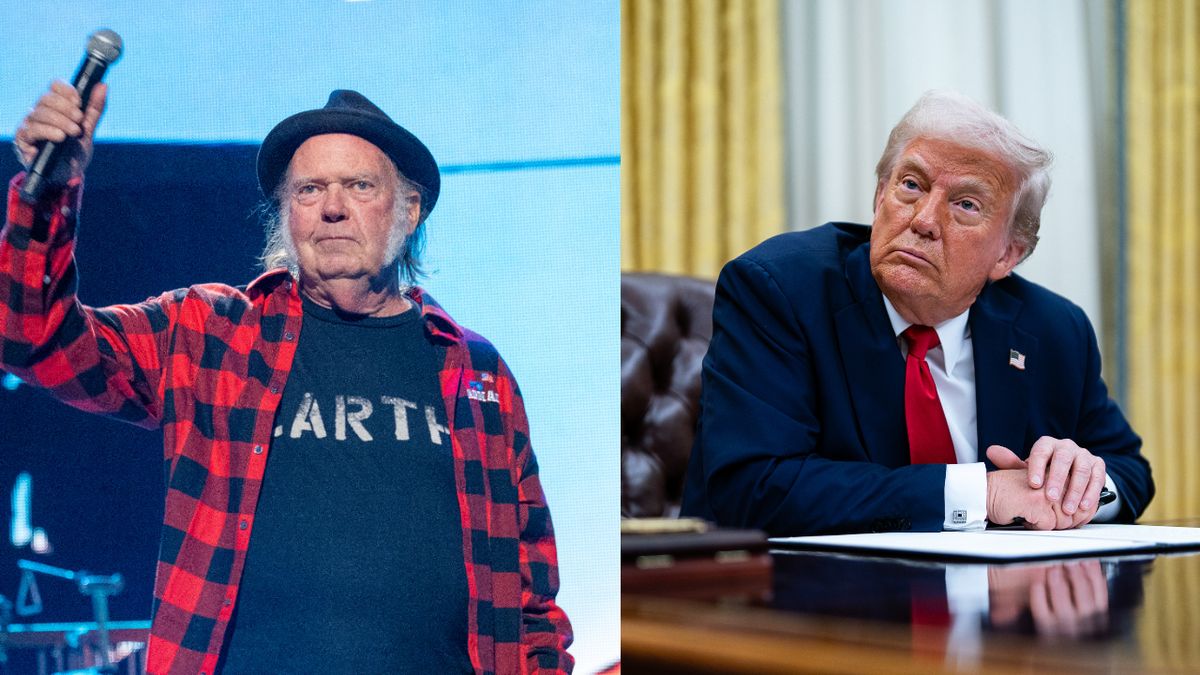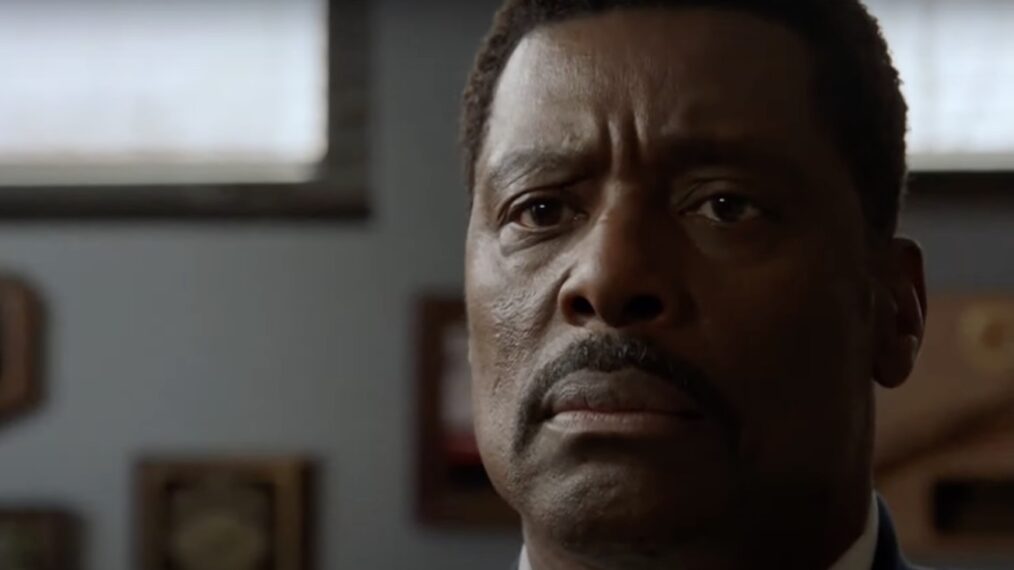The death of former My Chemical Romance drummer Bob Bryar recently sparked an outpouring of mixed emotions across the alternative music community. Bryar recently passed away in Tennessee, as reported on November 29th. He was 44 years old.
Bryar’s later years was marked by personal struggles, hateful rhetoric, and growing isolation. Following his passing, My Chemical Romance released a statement through a spokesperson: “The band asks for your patience and understanding as they process the news of Bob’s passing.” It was a carefully worded response that reflected the complexity of the situation—a recognition of Bryar’s role in the band’s history while leaving room for the mixed legacy he left behind.
Bryar’s contributions to My Chemical Romance during their rapid rise from emo favorites to arena rock icons are undeniable. His time with the band included releasing some of their most influential work, and his performances helped define a sound and spirit that shaped a generation. However, his departure marked the beginning of a downward spiral, leading him to retreat from music, struggle with mental health issues, and alienate fans through a series of transphobic and racist statements online.
As the band’s star rose, cracks began to form behind the scenes.
By 2010, tensions within the band culminated in Bryar’s sudden and unexplained departure. Bryar spoke openly about turning to medication to cope with his mental health struggles, admitting in another tweet, “Now I am on so many pills that I feel a bit better, although it still bothers me every day.”
His public reflections hinted at an ongoing battle with both the loss of his role in the band and the inner turmoil it left behind. Despite these admissions, Bryar’s bitterness occasionally surfaced, further straining his relationship with both the band and the fans.
In the years that followed, Bryar further retreated into isolation. Though he remained active online, his social media presence became increasingly polarising. His MAGA-aligned rhetoric, paired with hateful tweets—including his use of slurs and his dismissal of social movements—alienated many of the fans who once celebrated him. The same man who once raised funds for animal rescue and spoke openly about his mental health struggles now seemed defined by anger and divisive ideologies.
For many, this side of Bryar was irreconcilable with the man they once admired. One fan commented, “Bob Bryar’s words and actions were inexcusable. Mental illness doesn’t excuse bigotry, but no one deserves to die the way he did.” Another added, “He contributed to iconic records but said terrible things. Both can be true.”
Bob Bryar’s story is one of highs and lows and it’s a legacy shaped by both his significant contributions to one of the most influential bands of the 2000s and the troubling controversies that followed. His death has forced fans to confront the duality of his life, mourning the artist they once admired while reckoning with the actions that defined his later years.



























